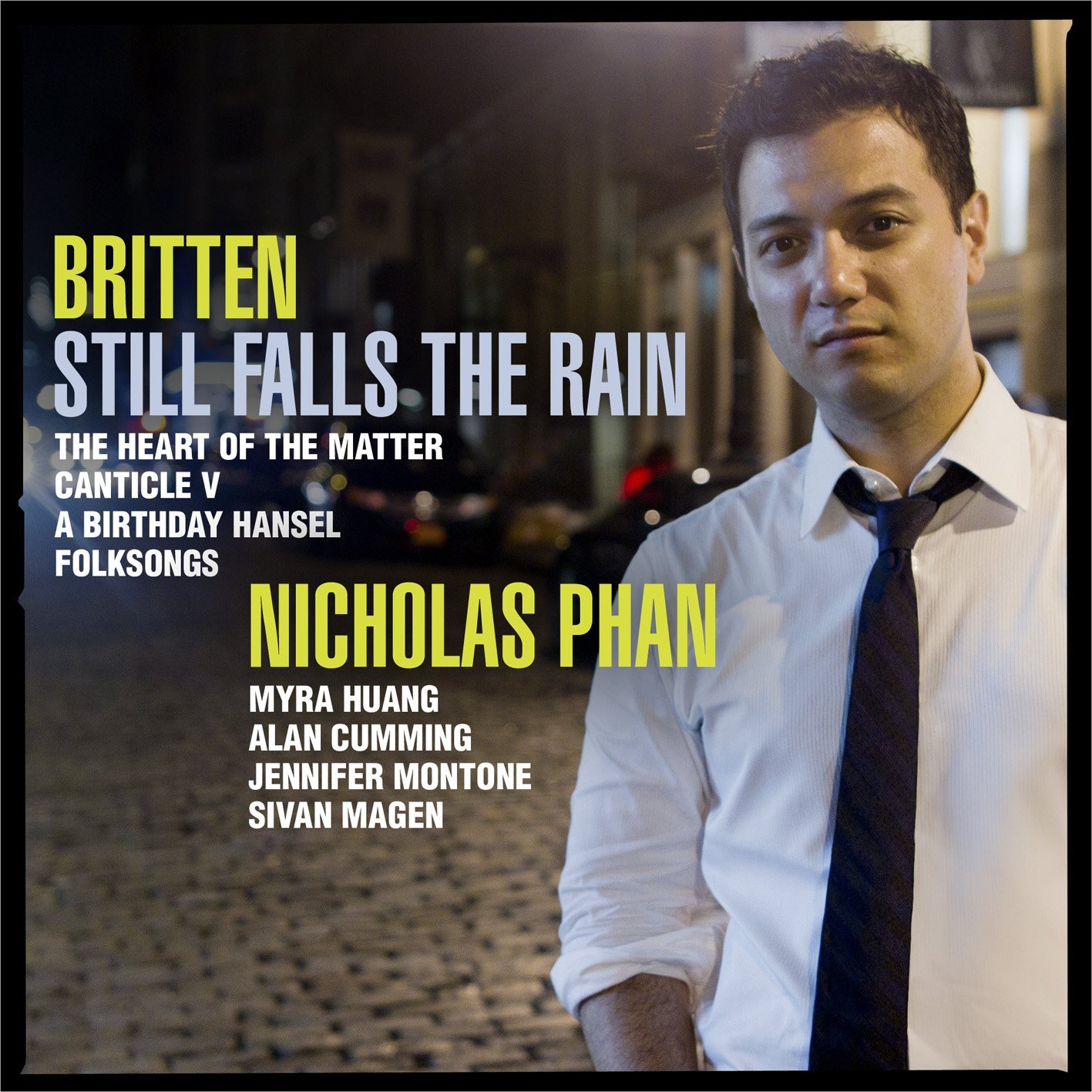
Another well-planned Britten anthology in the composer’s centenary year, made more interesting by its choice of performers – none British, apart from an unexpected, eloquent spoken cameo from Alan Cumming in The Heart of the Matter. Heard here in Peter Pears’ abbreviated version, the song sequence has at its centre Britten’s Canticle III, surrounded by additional Edith Sitwell settings and readings and framed by a haunting prologue and epilogue. Still falls the Rain is compelling, Sitwell’s unsettling response to the London Blitz matched by Britten’s uncompromising music. Seconds before the close, tenor Nicholas Phan duets with Jennifer Montone’s rich-toned horn obbligato to sublime effect. It’s a glorious moment. Cumming’s readings are effective, only suffering slightly from having been recorded in an audibly different acoustic.
Britten was no longer able to perform as a pianist in his final years, composing several of his last vocal works for the harpist Osian Ellis to play along with Pears. Including the effective, spare final canticle, The Death of Saint Narcissus. There’s A Birthday Hansel, a compact sequence of Burns settings for tenor and harp written for the Queen Mother’s 75th birthday, with an elaborate harp part slightly at odds with the baldness of Burns’ verses. More successful are Britten’s final spare, folk song settings, their accompaniments better matched to the texts. Nicholas Phan’s expressive voice is a draw, as is Myra Huang’s pianism in the main work. Nice horn and harp too.
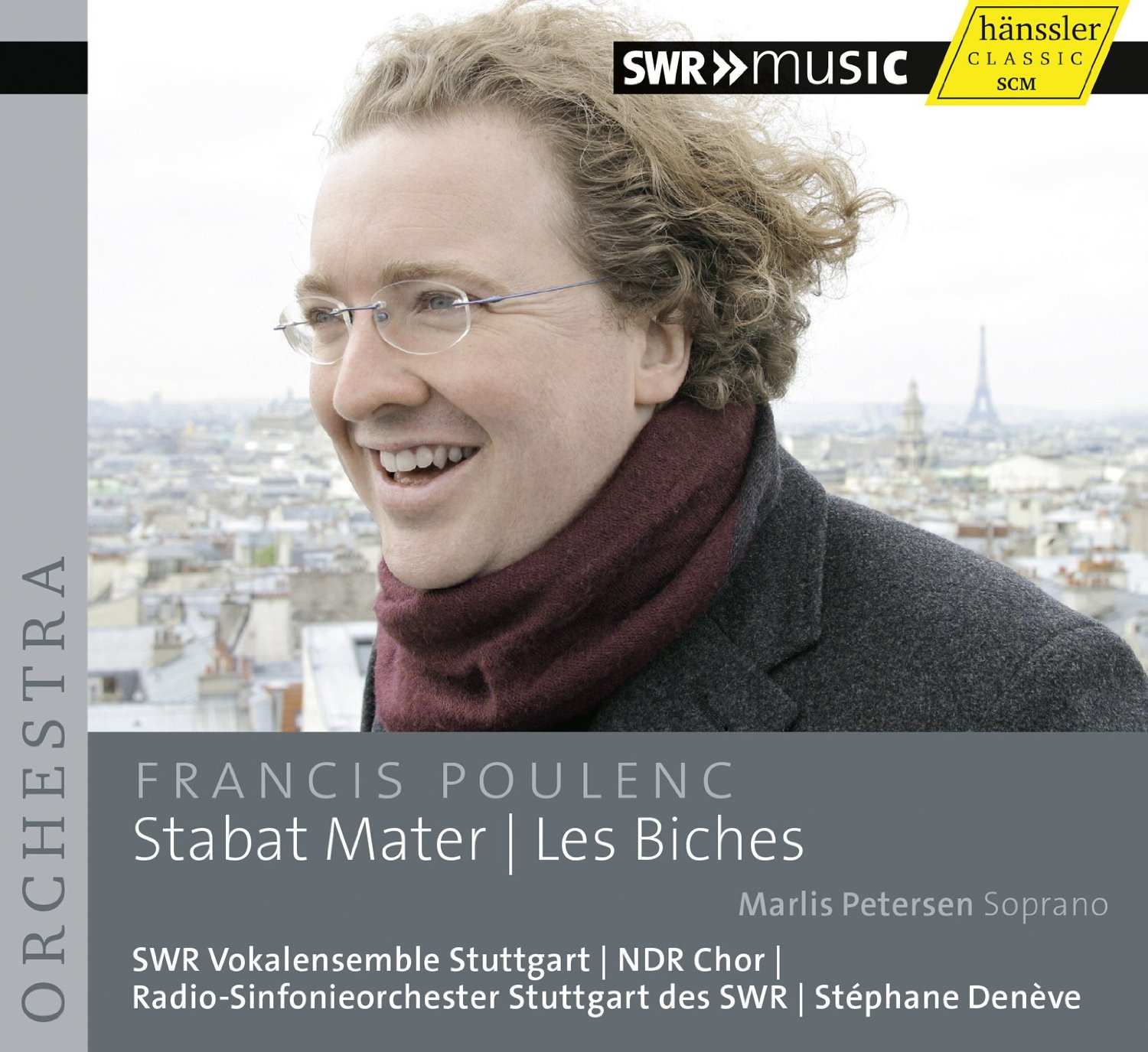
The surprise comes in this CD’s ordering, Poulenc’s sublime, dark 1950 Stabat Mater coming before the frothiest, most flimsiest of ballet scores, Les Biches. Both works are essential listening, presumably hoiked together to illustrate the extremes of Poulenc’s musical split personality. The one-act ballet probably works better as an appetiser. Hearing it in its complete form with the choral movements is welcome, with the few minutes’ extra length making the work feel much more substantial. Poulenc’s effervescent score has rarely sparkled as much as it does here. Stéphane Denève’s wind players are suitably cheeky, and the trumpets are magnificent – sample the languid solos in the bittersweet Adagietto. You’re continually reminded that this was composed only a few years after Stravinsky’s Pulcinella; 35 minutes of musical froth pass in a flash.
We’re in another world with the sober Stabat Mater, a work written in the years following Poulenc’s religious reawakening. You don’t often hear the opening orchestral passage shaped and coloured with such affection. The choir (combining the NDR Choir and SWR Vokalensemble Stuttgart) steal in gracefully, the sombre mood occasionally undercut by a typically sensuous chord progression. Poulenc, like Prokofiev, possessed an unquenchable melodic gift. There’s a miraculous moment when the orchestra enters in the O quam tristis after the opening unaccompanied choral section; all ethereal chords and swooning harp. Soprano Marlis Petersen is superb in the brief Vidit suum. Such a potent work; Denève’s perfomance will leave even atheists and agnostics rheumy-eyed.
Rameau in Caracas Soloists of the Simón Bolívar Symphony Orchestra of Venezuela/Bruno Procopio (Paraty)
Last week we had Swedish Elgar. This week it’s Rameau in Venezuela, conducted by harpsichordist Bruno Procopio, who encountered a slimmed-down Simón Bolívar Orchestra when playing continuo for them in a Vivaldi recording. They’re still best-known for flamboyant performances of 20th-century dance-inflected repertoire, so perhaps it’s not such a big stylistic leap backwards to 18th-century French ballet music. This isn’t the most polished, historically-informed Rameau recording out there. But it’s affectionate, colourful and exuberant, a collection of suites assembled from Rameau’s operas. Few of the numbers last more than three minutes. You’d be happy if each one lasted twice as long.
Much of the success is due to careful orchestral balancing; Procopio understands that so much depends on having well-defined foundations. String numbers are bigger than you’d expect, but there’s never any feeling of heaviness, with Rameau’s hyperactive violin lines floating over punchy bass lines. Procopio’s modern wind instruments sound sublime here – the oboe duet in the Air pour les Athlètes from Castor et Pollux is a highlight. The bassoons are magnificent. As is the tambourine. Irresistibly invigorating music, beautifully played and well-recorded.

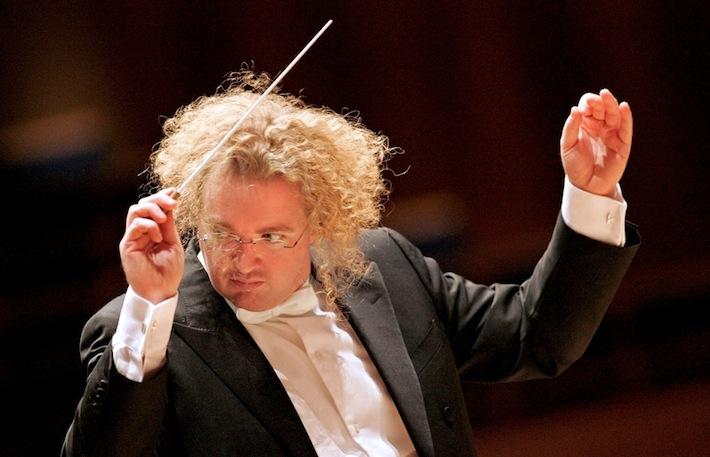
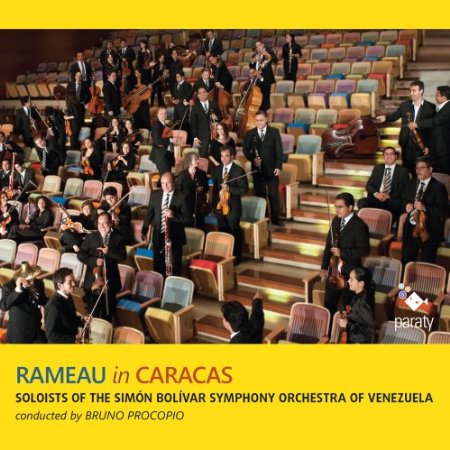

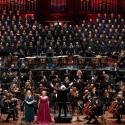










Add comment